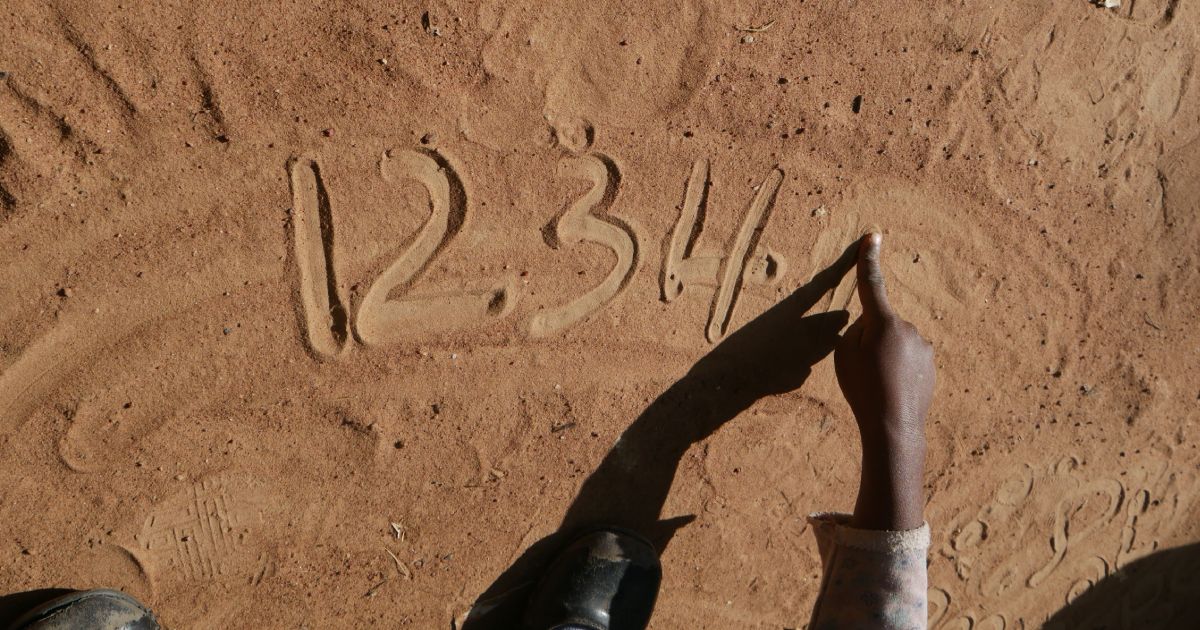Bill & Melinda Gates Foundation
The program seeks to reduce maternal, neonatal, and child mortality; malnutrition; fertility; and morbidity from infectious diseases by developing and implementing innovative, integrated health solutions that involve both the public and private sectors. To achieve these goals, the foundation is addressing both supply- and demand-side barriers to improving family health in Bihar. Through a set of six complementary grants, the program seeks to increase the coverage and quality of family health interventions in the state. The program will be implemented in eight focal districts by 2012-2013 and scaled up to the rest of Bihar by 2015.
Related Staff
Efficiency Meets Impact.
That's Progress Together.
To solve their most pressing challenges, organizations turn to Mathematica for deeply integrated expertise. We bring together subject matter and policy experts, data scientists, methodologists, and technologists who work across topics and sectors to help our partners design, improve, and scale evidence-based solutions.
Work With Us





